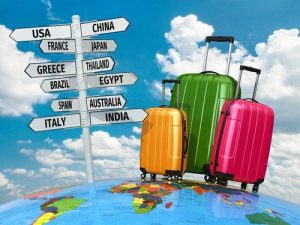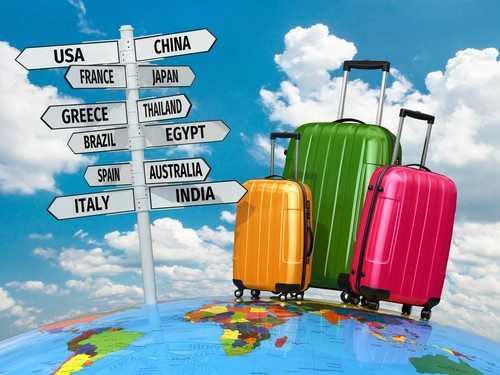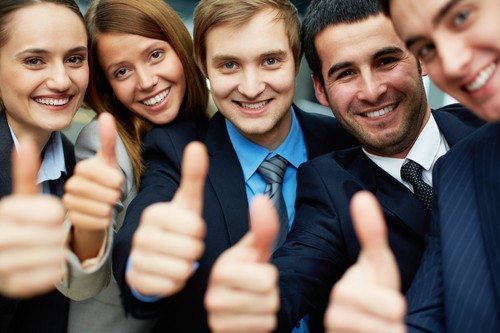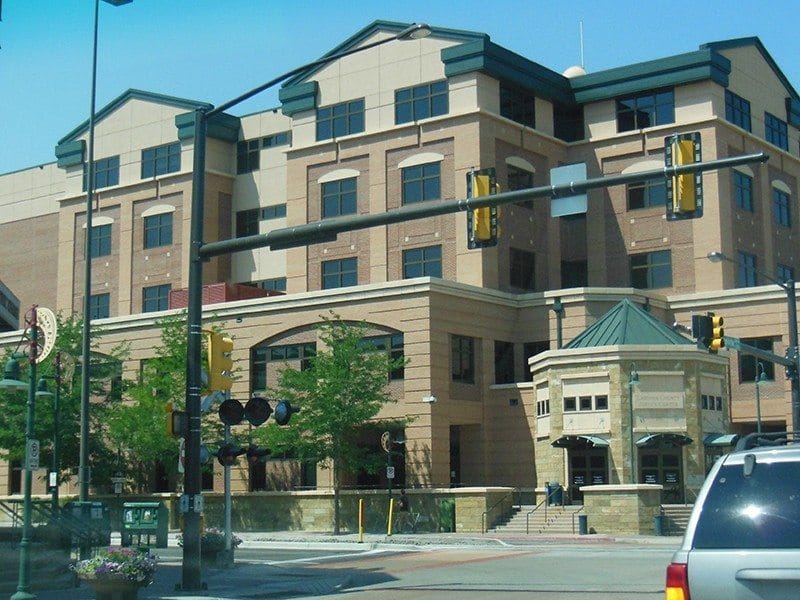
Retail companies have successfully leveraged IT platforms to personalize the customer experience with actions such as suggesting purchases based on individual preferences. However, the hospitality industry is lagging behind in offering personalized service.
Bringing Personalization to the Hotel Guest Experience
Hotels have two significant roadblocks to personalizing a guest’s experience:
>Using different platforms for booking, POS, loyalty and other activities makes it difficult to efficiently capture the required data.
>Many guests book rooms through online travel agencies such as Expedia, so hotels don’t have access to email addresses unless desk clerks request them at check-in.
When Customer Service Misses the Mark
Carolyn Murphy, a marketing specialist for hospitality consulting firm Revinate, wrote about a less-than-satisfactory experience she had when checking into a hotel. The desk clerk asked Murphy if it was her first visit, despite the fact that she had stayed there twice before.
Murphy went on to add that she had posted a review of her original experience at the hotel on TripAdvisor and received a reply from the general manager. In addition, the day before Murphy’s arrival she tweeted about anticipating her visit and included the hotel’s Twitter handle.
According to a Yahoo survey, 78 percent of respondents expressed a preference for more personalized service. Giving guests a satisfying experience can pay off in more repeat business and word-of-mouth referrals.
Powered Carts for Hotels from DJ Products
Hotel guests value comfort and convenience. Our powered carts for hotels let your housekeeping staff perform their duties quickly and discreetly.
Visit our website and use our online chat feature to get assistance from one of our friendly and knowledgeable sales engineers.






